You usually won’t notice any signs of high blood pressure (also known as hypertension), yet it can be extremely harmful to health; the main dangers of high blood pressure primarily include damage to blood vessels and organs. This increases the risk of serious health complications. Fortunately, high blood pressure can usually be treated well with a modified lifestyle and/or the use of medication.

High blood pressure
Treatments
- All treatments
- Prescription medicines
- Non-prescription medicines
- Relevance
- Name A-Z
- Name Z-A
- Price low-high
- Price high-low
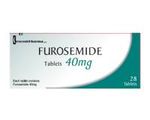
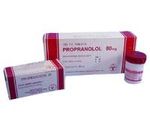
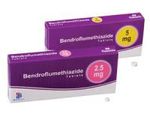
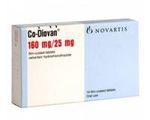
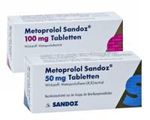
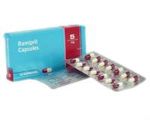
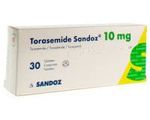
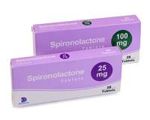
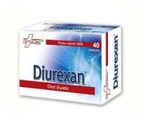
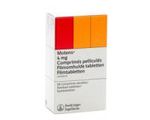
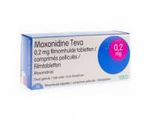
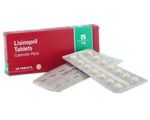
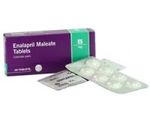
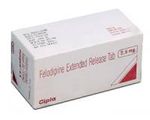
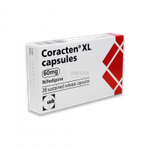
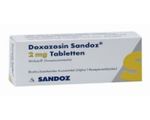
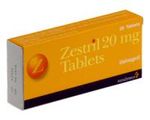
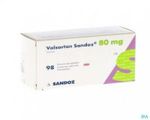
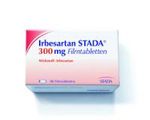
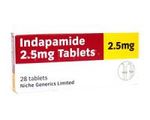
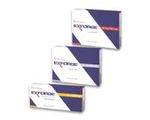
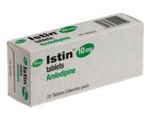
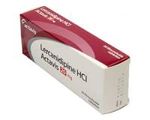
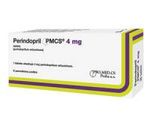
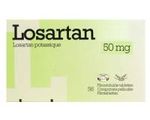
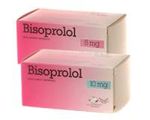
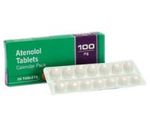
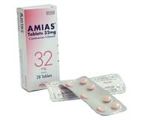
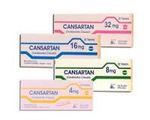
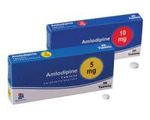
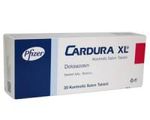
How does Dokteronline work?
At Dokteronline, you can get expert advice from doctors quickly, without the hassle of visiting your GP’s surgery. Take care of your health with reliable treatments and information from the comfort of your home.
Select your preferred treatment
The doctor will review your medical request
The pharmacy will ensure your medication is delivered to your doorstep
What is hypertension?
Blood pressure indicates how high the pressure in the blood vessels is. The pressure fluctuates: when the heart contracts, blood is pumped around and the pressure on the vessels is quite high. This is the 'upper pressure' (systole). When the heart then relaxes again, the pressure on the vessels decreases. We call this the 'lower pressure' (diastole).
Pressure on the blood vessels can increase for a variety of reasons. High blood pressure is dangerous because it puts a lot of tension on the blood vessels. This increases the risk of cardiovascular disease and damage to the organs.
Dangers of high blood pressure: when is blood pressure too high?
Blood pressure is measured in millimetres of mercury pressure (mmHg). Doctors adhere to the following guidelines:
Upper pressure:
- Up to 120 mmHg: ideal blood pressure
- 120-140 mmHg: normal blood pressure
- 140-180 mmHg: high blood pressure
- 180 mmHg or higher: severely high blood pressure
Lower pressure:
- 90 mmHg or lower: ideal blood pressure
- 90 to 110 mmHg: high blood pressure
- 110 mmHg or higher: severely high blood pressure
Blood pressure fluctuates throughout the day and sometimes even throughout the week. It is therefore advised to measure or have your blood pressure measured several times a day over the course of a few days. This will give a good overall picture of your average blood pressure.
High blood pressure symptoms
Most people don’t notice any signs of high blood pressure. Symptoms will only occur if blood pressure is seriously elevated. High blood pressure symptoms include:
- Headaches;
- Nausea;
- Fatigue;
- Shortness of breath;
- Restlessness.
As hypertension usually doesn’t cause any symptoms, it is important to regularly measure or have your blood pressure measured. This allows rapid intervention if your blood pressure rises. The risk of cardiovascular disease or other complications remains small.
What causes high blood pressure?
High blood pressure is common, which is not surprising, because there are many factors that influence blood pressure. The best-known causes of hypertension include:
- Age. With age, blood vessels become less flexible. As a result, they cannot widen properly when blood is pumped around the body. This increases the pressure on the vessels. You should therefore regularly measure your blood pressure if you are older than 40;
- Heredity. High blood pressure is more common in some families. Keep a close eye on your blood pressure if you have relatives with hypertension;
- Lifestyle. Factors such as obesity, unhealthy diet, too little exercise, stress, smoking and alcohol consumption all contribute to high blood pressure;
- Pregnancy. Some women develop high blood pressure during pregnancy;
- Certain conditions, such as kidney disease, sleep apnea and an underactive thyroid, can cause high blood pressure;
- The use of certain medication. High blood pressure is a side effect of some drugs;
- Eating too much liquorice. This food contains glycyrrhizin, a substance that causes the body to retain more fluids, increasing blood pressure as a result;
- Eating too much salt. If you consume a lot of salt, your body will retain more fluid and blood pressure can increase.
Good to know: often there is no single identifiable cause for high blood pressure. In most cases it is a combination of factors.
High blood pressure treatment
Fortunately, blood pressure is usually easy to influence. You can take a lot of steps to avoid the dangers of high blood pressure yourself. But there are also medicines that can help to lower blood pressure.
Self-treating high blood pressure
If you have high blood pressure, you don’t always have to take medication immediately. You can do a lot to lower your blood pressure on your own. A healthy lifestyle (healthier food, regular exercise, less stress) is the most important advice here.
If you are overweight, getting down to a normal weight can also help enormously. A doctor or dietitian can guide you further on this.
If you are a smoker you should try to quit. Smoking constricts the blood vessels and thus causes blood pressure to be higher.
High blood pressure medication
Sometimes a modified lifestyle alone is not enough. In that case, a doctor will prescribe medication. There are different types of blood pressure lowering agents. The best known are:
ACE inhibitors. These are drugs that inhibit the absorption of ACE (a substance that causes the blood vessels to constrict), allowing the blood vessels to dilate. This allows more blood to flow through the veins and lowers blood pressure. Medicines that fall under this category have names that end with pril. The active substances include, for example, ramipril, quinapril or benazepril.
Angiotensin II blockers. These drugs inhibit the uptake of the angio tensin-II vasoconstrictor hormone. This also has a relaxing effect on the blood vessels, making it easier for blood to flow. The active substances have names ending in artan (such as valsartan, losartan, candesartan).
Calcium blockers. These medicines widen the blood vessels by blocking the absorption of calcium into the cells. You can recognise them by names ending in dipine (amlodipine, lercanidipine, nicardipine). Some varieties also lower the heart rate, so that blood is pumped around the body a bit more slowly. This gives an extra blood pressure lowering effect.
Beta blockers. These drugs can block the absorption of stress hormones into the cells. As a result, the heart beats more calmly and blood flows more slowly through the veins, which lowers blood pressure. The active ingredients have a name that ends in lol. Propranolol, for example, is a well-known beta blocker, as are metoprolol and atenolol.
Diuretics. These drugs are popularly referred to as 'water tablets'. They cause the kidneys to secrete more fluid and salts. As a result, the blood contains less water and its volume decreases. This puts less strain on the veins and lowers blood pressure.
Which medicines do I need for high blood pressure?
A doctor will determine which high blood pressure medication is best for you. This depends on a number of factors, such as your age and whether you are taking any other medicines. Doctors can also combine certain medicines, for example, using both water tablets and beta blockers.
Keep in mind that blood pressure medicines can cause side effects such as dizziness, drowsiness, heart palpitations or a tickling cough. In addition, antihypertensive drugs are not suitable for everyone. Blood pressure medication is therefore only available on prescription in many cases.
It is also important to keep an eye on your blood pressure during treatment. You can do this at home with a blood pressure monitor. You can also ask your doctor to measure your blood pressure regularly. If you have any questions about high blood pressure medication, always talk to a doctor or pharmacist.